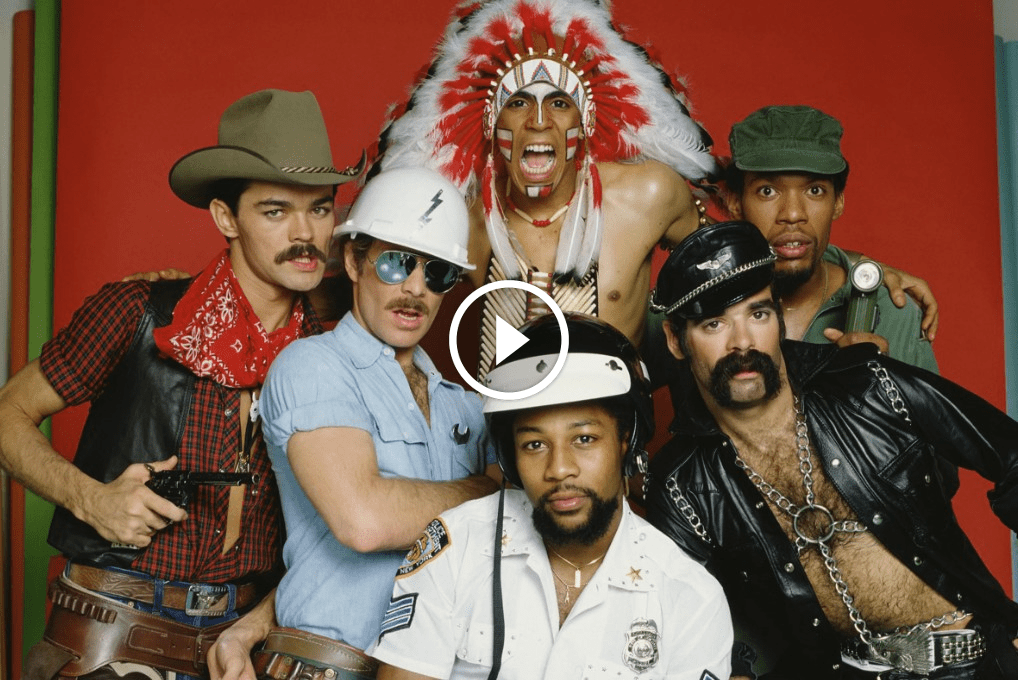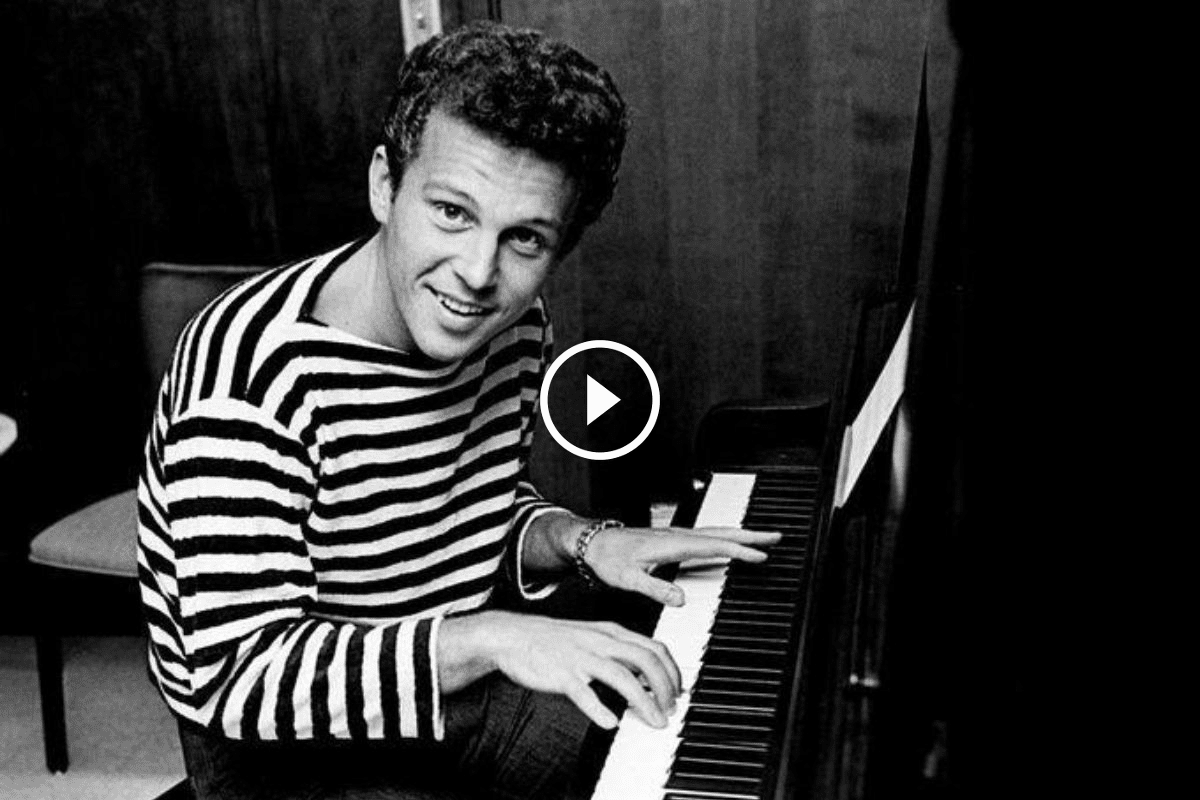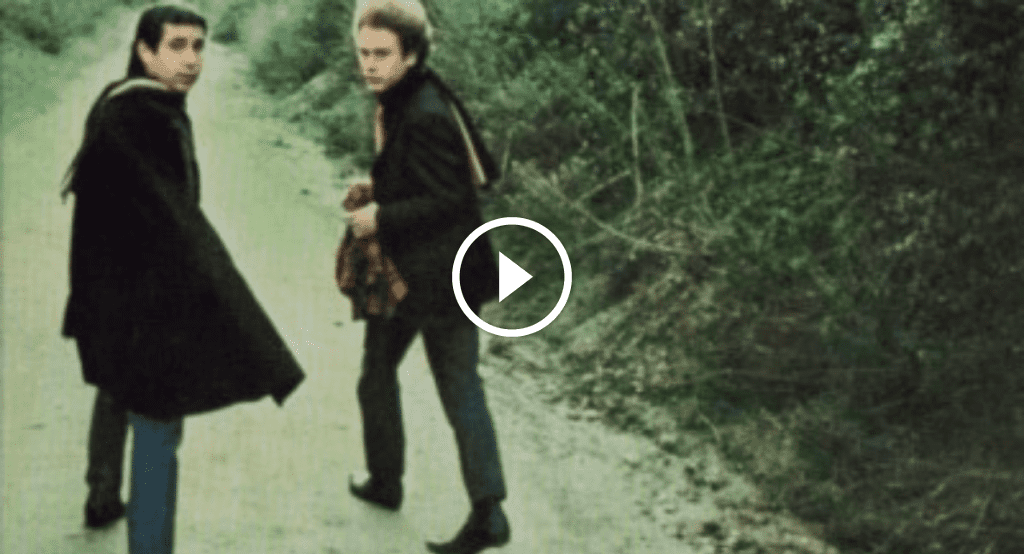Emerging from the vibrant disco scene of the late 1970s, the Village People established themselves as a unique and controversial phenomenon. Known for their outlandish costumes representing various blue-collar professions (construction worker, policeman, etc.) and high-energy dance routines, the group’s music became a staple of nightclubs and discotheques worldwide. Released in 1978 on their self-titled debut album, the song “YMCA” catapulted the Village People to international fame, becoming one of the most recognizable and commercially successful disco hits of all time. Written and produced by Jacques Morali and Henri Belolo, the song reached number 2 on the Billboard Hot 100 and remained a fixture on dance floors for decades.
Despite its catchy melody and infectious energy, “YMCA” has been subject to various interpretations and controversies throughout its history. While some embraced the song’s seemingly innocent celebration of the Young Men’s Christian Association (YMCA) and its offerings, others viewed its suggestive lyrics and flamboyant visuals as a veiled allegory for the LGBTQ+ community, which faced significant societal stigma at the time.
“YMCA” unfolds as an upbeat and danceable anthem, featuring a driving four-on-the-floor beat, prominent bassline, and catchy disco hooks. The distinctly layered vocals, delivered with a blend of enthusiasm and camp, paint a picture of a narrator celebrating the social and recreational activities offered by the YMCA. Lines like “You can hang out with all the boys / You can sing and dance and play” and “It’s fun to be at the Y.M.C.A.” capture the song’s surface-level message of community, recreation, and inclusivity.
The musical arrangement perfectly complements the song’s dancefloor-friendly nature and high-energy vibe. The repetitive and catchy melody invites listeners to move and participate, while the percussion section adds a propulsive rhythm that drives the song forward. The prominent use of horns and synthesizers further contributes to the song’s distinctive disco sound, creating a vibrant and infectious soundscape.
The enduring legacy of “YMCA” is complex and multifaceted. While the song undeniably holds a place in music history, its interpretation and historical context remain significant points of discussion. Regardless of perspective, “YMCA” stands as a marker of the disco era, capturing the energy and spirit of a bygone musical and cultural moment.
Whether you are a fan of disco music, intrigued by the song’s historical context, or simply seeking a catchy and danceable tune, “YMCA” offers a unique and captivating listening experience. However, it is crucial to acknowledge the song’s complex legacy and the diverse interpretations it has garnered over time.


